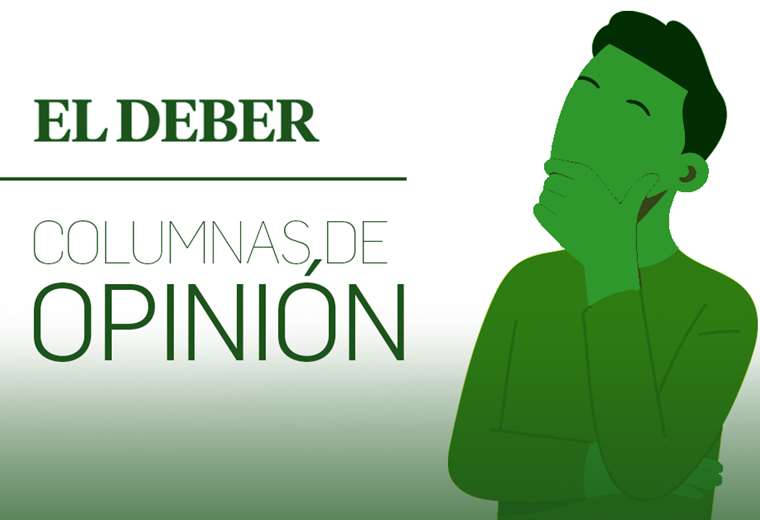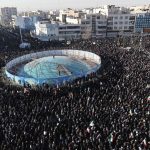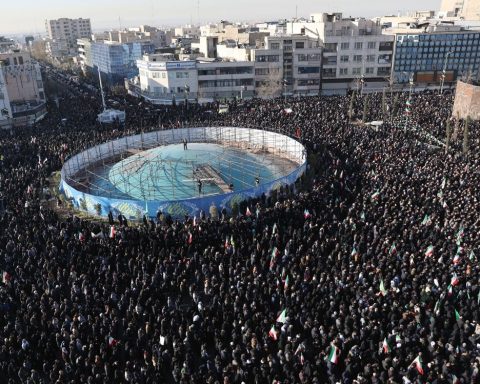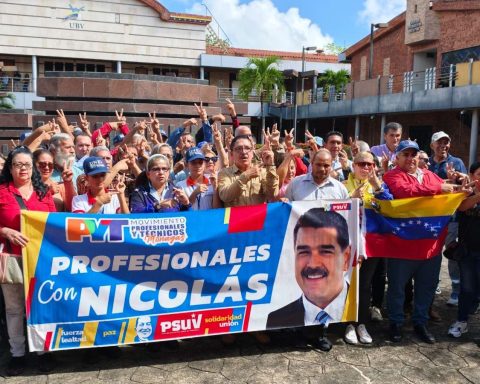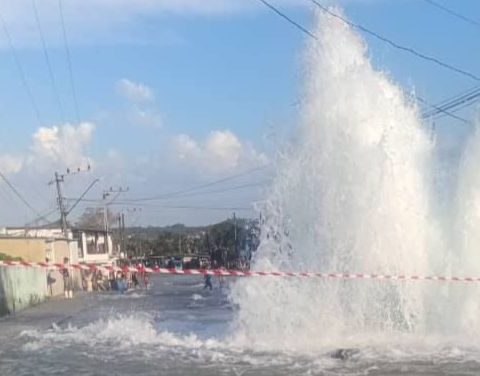August 2, 2022, 4:00 AM
August 2, 2022, 4:00 AM
The State is made up of a territory, the population that lives there and its government. To be considered independent, it must exercise sovereignty (absolute power) over its territory. That sovereignty resides in the citizens, who exercise it directly and by delegation (CPE, art. 7). The first by voting and the second, by choosing certain people to delegate a good part of the power to them, with whom the government is made up.
When the territory is extensive, the concentration of power in a single government does not allow meeting the needs of the entire population. To solve it, in addition to the central government, departmental, regional and local governments were created. Power is divided territorially among all of them.
The functions of power assigned to each government are divided among four bodies and in sub-state governments between two, except in indigenous governments that can divide it as they see fit. The quotas of power assigned to each government are called “competencies” and those assigned to government bodies, “attributions” (CPE, arts. 297-304; 158, 172 and others).
“The functions of the governing bodies cannot be delegated among themselves” (CPE and Law 031, arts. 12.III). For this reason, no body can delegate its functions to another, even by law. The function of the executive organs is only to execute. The regulatory power that corresponds to them is to apply the laws, not to generate new norms, not even to develop the laws, since the sovereign people did not delegate power to them for that. Fewer still have the authority to, through decrees, seek to establish prohibitions, obligations and sanctions with effect on civil society, or any type of regulation of rights and their guarantees (CPE, arts. 14.IV and 109.II; SCP 5 /2019 FJ.III.5; SCP 1053/2013, FJ.III.8).
Much of the time the elected authorities and the citizens themselves forget this division of power, and allow the central Executive to try to concentrate power by assuming legislative functions that were not assigned to it by the sovereign. This also happens in sub-state governments. At least the word “Executive” should remind everyone that his power is only to execute and not to regulate.
